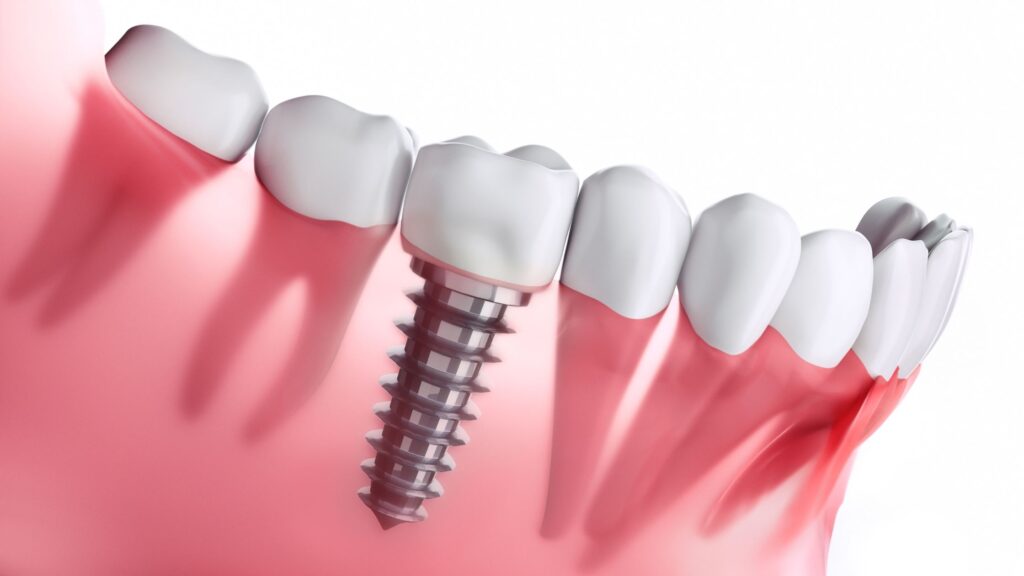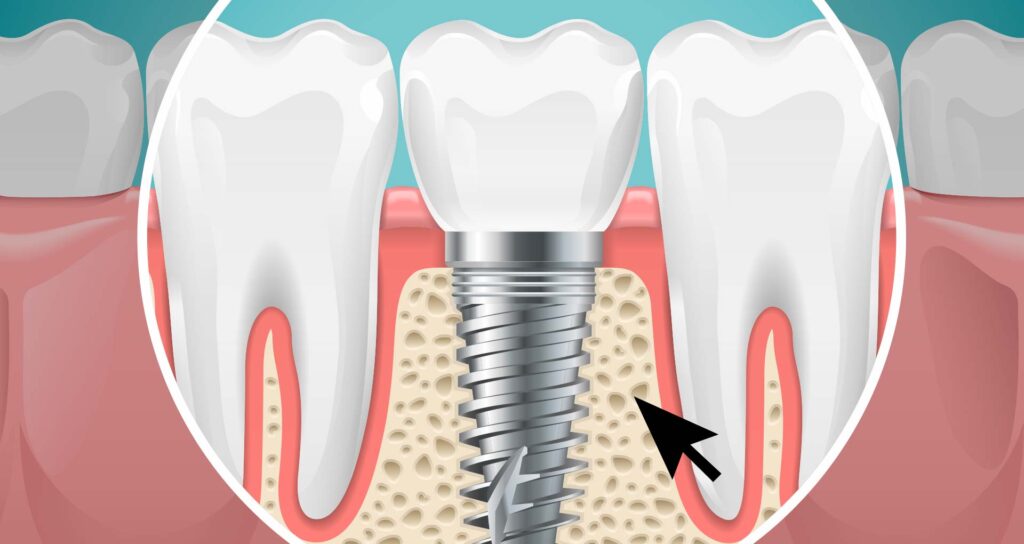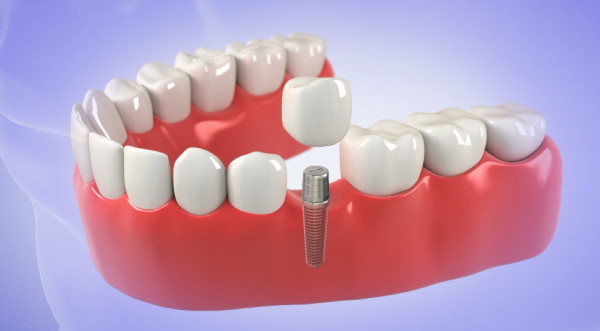Smile Makeovers in 2025: Will Colombia Continue to Lead the...
Leer Más
Introduction
Dental implant surgery offers a revolutionary solution for individuals with missing or damaged teeth. This procedure involves replacing tooth roots with metal posts and restoring the functionality and appearance of natural teeth with artificial ones. Unlike traditional dentures or bridgework, dental implants provide a secure and long-lasting alternative. However, before considering dental implants, it is essential to understand the procedure, associated costs, and available options. In this comprehensive guide, we will explore the various aspects of dental implants, including the procedure, risks, preparation, and maintenance. Additionally, we will delve into the cost of dental implants in different countries and provide a detailed price comparison.

The dental implant procedure can vary depending on the type of implant and the condition of the jawbone. Typically, it involves several stages and requires the bone to heal tightly around the implant for optimal support. The process can take several months, but the results are worth the wait.
Before undergoing dental implant surgery, a comprehensive evaluation is necessary. This evaluation may involve specialists such as oral and maxillofacial surgeons, periodontists, prosthodontists, or ENT specialists. During this stage, a thorough dental exam, including X-rays and 3D images, is conducted. The medical history of the patient is also reviewed to ensure eligibility for the procedure.
The surgical placement of dental implants is typically performed in outpatient settings. The oral surgeon makes an incision in the gum to expose the bone and drills holes for the implant posts. The posts, made of titanium, are then implanted deep into the bone, acting as artificial tooth roots.
After the placement of the implant posts, a process called osseointegration begins. Osseointegration refers to the growth of the jawbone into and around the surface of the dental implant. This integration can take several months and provides a solid foundation for the new artificial tooth.

Once osseointegration is complete, an additional surgery is often required to place the abutment. The abutment serves as the connector between the implant and the artificial tooth. This minor surgery is performed under local anesthesia and involves reopening the gum to attach the abutment to the dental implant.
After a couple of weeks of healing, the artificial tooth, or crown, can be attached to the abutment. Impressions of the mouth and remaining teeth are taken to create a realistic-looking crown. The crown can be removable or fixed, depending on the patient’s preference and needs.
Like any surgical procedure, dental implant surgery carries some risks. However, complications are rare, and when they do occur, they are usually minor and easily treatable. It is crucial to be aware of the potential risks involved to make an informed decision. Some of the risks include:
1. Infection at the implant site
2. Injury or damage to surrounding structures, such as teeth or blood vessels
3. Nerve damage, leading to pain, numbness, or tingling in the natural teeth, gums, lips, or chin
4. Sinus problems, particularly when implants are placed in the upper jaw and protrude into the sinus cavities.
Proper preparation is essential for a successful dental implant procedure. This involves a thorough evaluation and planning process, as well as taking necessary precautions to ensure the best possible outcome.

A comprehensive dental exam is the first step in preparing for dental implant surgery. This exam includes dental X-rays, 3D images, and the creation of models of the teeth and jaw. These diagnostic tools help determine the condition of the jawbone and the number of teeth that need replacement.
During the preparation phase, it is crucial to inform the dental specialist about any medical conditions and medications. This includes prescription drugs, over-the-counter medications, and supplements. Certain heart conditions or orthopedic implants may require the use of antibiotics before surgery to prevent infection.
Based on the evaluation and examination results, a personalized treatment plan is created. This plan takes into account the number of missing teeth, the condition of the jawbone, and the overall oral health. It is essential to discuss the treatment plan with the dental specialist and address any concerns or questions.
Dental implant surgery can be performed under different levels of anesthesia. The options include local anesthesia, sedation, or general anesthesia. The choice of anesthesia depends on the patient’s comfort level and the complexity of the procedure. The dental care team will guide the patient in choosing the most suitable option.

Note: The cost of dental implants may vary depending on factors such as the complexity of the case, the location, and the expertise of the dental professional.
Dental implant costs in the USA can range from $3,000 to $6,000 per tooth. The high cost is primarily due to factors such as the advanced technology used, skilled dental professionals, and the overall cost of healthcare. The procedure typically takes 3 to 6 months to complete, including the healing process.
Mexico has become a popular destination for dental tourism due to its affordable dental implant costs. The average cost of dental implants in Mexico ranges from $1,000 to $2,500 per tooth. The shorter duration of the procedure, typically 1 to 2 weeks, is appealing to patients seeking a quicker turnaround time.
Turkey is another country known for its competitive dental implant prices. The cost of dental implants in Turkey ranges from $950 to $2,500 per tooth. Patients often choose Turkey for its cost-effective options and high-quality dental care. The procedure can be completed within 1 to 2 weeks.
Colombia is emerging as a popular dental tourism destination due to its affordable dental implant prices. The average cost of dental implants in Colombia is similar to that in Mexico, ranging from $750 to $1800 per tooth. The procedure can typically be completed within 1 to 2 weeks.
Note: It is important to consider additional costs such as travel expenses, accommodation, and post-operative care when planning dental implant surgery abroad.
Proper maintenance is crucial to ensure the longevity and functionality of dental implants. By following good oral hygiene practices and adopting healthy habits, patients can maximize the lifespan of their dental implants.
Just like natural teeth, dental implants require regular cleaning to prevent plaque buildup and gum disease. Specially designed brushes, such as interdental brushes, can effectively clean the nooks and crannies around teeth, gums, and implant posts. Regular brushing, flossing, and rinsing with an antibacterial mouthwash are essential.
Regular dental checkups are essential to monitor the health and functionality of dental implants. Dentists can identify any potential issues early on and provide appropriate treatment. Professional cleanings also help maintain the cleanliness and appearance of the implants.
To protect dental implants and natural teeth, it is important to avoid damaging habits. Chewing hard items, such as ice or hard candy, can risk breaking the crowns or natural teeth. Additionally, avoiding tooth-staining tobacco and excessive consumption of caffeine can help maintain the aesthetics of the implants.
Teeth grinding, also known as bruxism, can pose a risk to dental implants. It is important to seek treatment if teeth grinding is present. Dentists can provide solutions such as mouthguards or orthodontic treatment to protect the implants and prevent further damage.
Dental implants offer a transformative solution for individuals with missing or damaged teeth. Understanding the procedure, associated costs, and maintenance requirements is crucial for making an informed decision. By exploring the various aspects of dental implants, including the surgical process, potential risks, and the importance of preparation and maintenance, patients can embark on their dental implant journey with confidence. Additionally, considering the cost comparison between different countries allows individuals to explore affordable options without compromising on quality. With proper care and regular dental checkups, dental implants can provide a long-lasting and natural-looking solution for a beautiful smile.We encourage you to contact TheHealthyTreatments. Feel free to contact us without delay to initiate the process.
Smile Makeovers in 2025: Will Colombia Continue to Lead the...
Leer MásThe Hyperbaric Chamber Advantage in Colombia Introduction Undergoing liposuction surgery...
Leer MásHyperbaric Oxygen Therapy (HBOT) Services in Colombia How TheHealthyTreatments, Colombia...
Leer MásInfluenza and Mental Health : How the flu affects your...
Leer Más